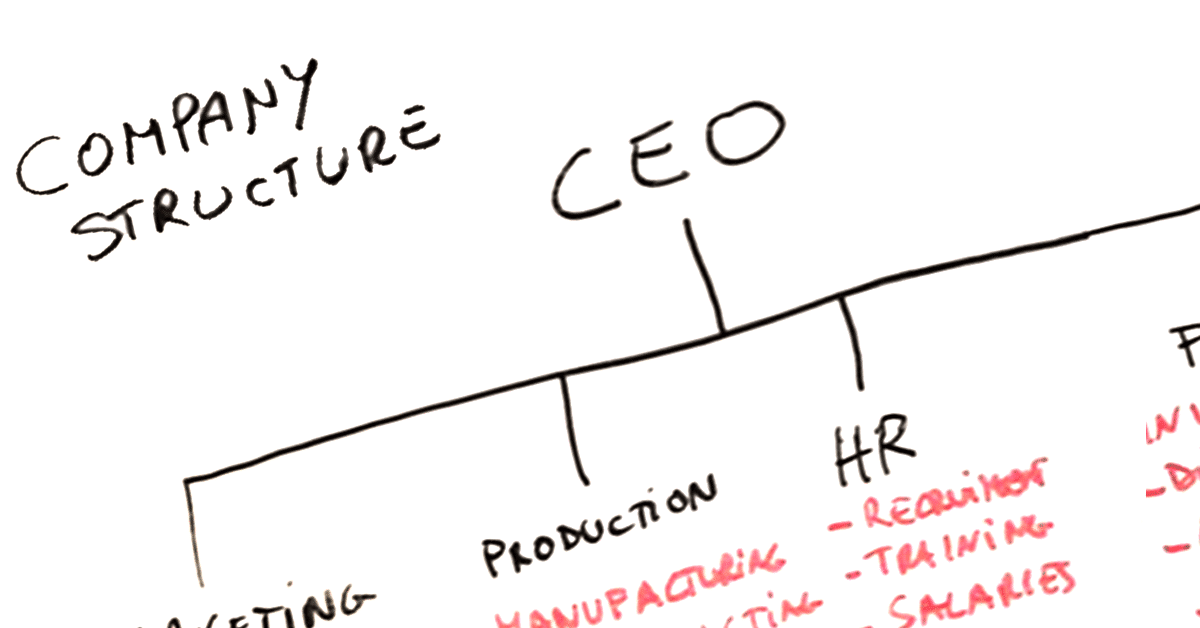Written by Global Ambassador, Adwoa Benefaa Ofori, Class of 2017 Master of International Business student, Dubai Campus.
According to a popularly quoted phrase from a 2013 edition of Forbes magazine, 8 out of 10 start-ups fail within their first 18 months. What does this mean for us, aspiring entrepreneurs that have been inspired by stories of Larry Page and Sergey Brin, the founders of Google, and are hoping to start the next “it” company? I’m sure that most of us, including me, at some point thought that the key is to hope for a eureka moment, and then capitalize on it when it happens. Realistically, how likely is it that a company survives on sustained pure luck? As it turns out, and as I have been learning, running a business is an intricate and challenging process. Indeed, start-ups fail all the time, as do many established companies, but they get back up and they try again. Here are some common misconceptions about running a business – debunked in business school.
A great idea may not be a great business idea.
Business ideas are more likely to be great when they meet the need of a specific group of people. Since January, I along with a group of peers have been heavily involved in trying to create a business model to sell a product in the United Arab Emirates (UAE) as part of our overall academic project, Hult Business Challenge. We are in February and so far, we have scrapped our idea and gone back to the drawing board four times. We started out with a model targeting a region we could not easily access. To solve the access problem, we took our whole model and tried to apply it to a completely different place. Though we had some interesting ideas, what our first three ideas ignored is that a product must cater to the needs of a tried and tested target market. To understand your potential customers, you must be in a position where you can test product assumptions on the market and adjust your product to meet the needs of consumers. Therefore, if your target market is in a country on the other side of the world or a place that you know very little about, the likelihood that your business might fail is high. Like Mel Gibson said in The Patriot, “Aim small, miss small”. If you want to start a business, start in a place close to you and create a product that can solve a problem you or someone you understand is dealing with personally; this way you will understand the customer and her needs.
Great ideas fail time and time again.
As I mentioned before, this is the reality of the start-up world, but that does not mean that they are not great ideas. It just means you need to go back to the drawing board and rework the idea again. For example, my classmates and I joined this year’s Hult Prize competition to create a social business that would help make life easier for refugees. Our start-up idea did not make it past the internal campus competition, but the judges gave some great feedback. We have not discarded our business idea. Instead, we plan on further developing and changing it to create a more sustainable and potentially profitable model.
Good ideas do not instantly transform into huge companies.
Google was not an overnight success and neither was Facebook for that matter. In fact, several years back, Yahoo! refused to purchase Google because they predicted it wouldn’t amount to anything. My marketing professor would compare this concept to the Death Star from Star Wars. Why didn’t Darth Vader make smaller models of the Death Star and test them continuously until he had been able to both anticipate and fix any weaknesses of his invention before he made a grand scale model? Good businesses start off an idea with a prototype, test and transform their products or services to fix issues they notice based on responses from a sample of the market. This applies not only to start-ups but for big companies as well.
Some great ideas may not seem like great ideas given current market trends.
Businesses must be able to project into the future and still be flexible enough to adjust if their projections are not as accurate as they would have hoped. You do not want to be like Kodak, owning the patent to the next biggest innovation, digital photography, but being put out of business by this same invention. Part of the business strategy is to determine what makes your business unique. However, you should not let these core competencies, as they are called, allow your company’s strategy to become rigid.
So, the halls of entrepreneurial greatness are not as unwelcoming as they seem. Running a company is about understanding your customers, adjusting to market conditions and being resilient and passionate. It is not easy, but being an entrepreneur means you know how to fall and rise back up again.


Kickstart your career in a state-of-the-art innovation hub by studying at Hult’s Dubai business school. To find out more, take a look at our blog Discover Hult life in Dubai. Download a brochure or get in touch today to find out how Hult can help you to learn about the business world, the future, and yourself.


